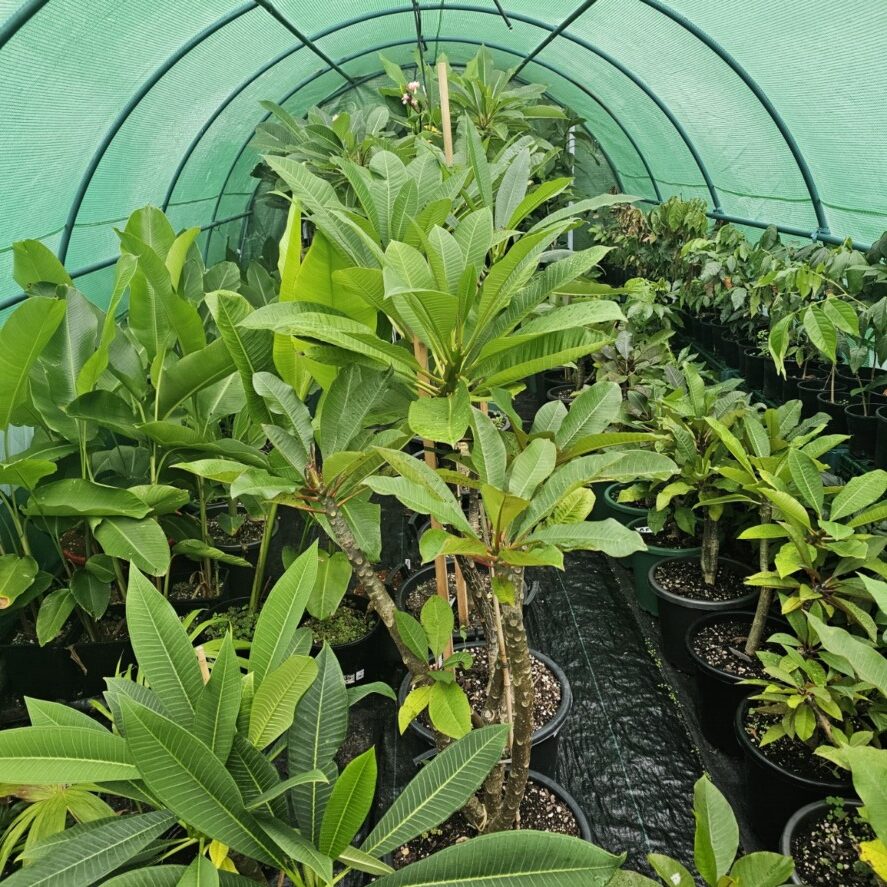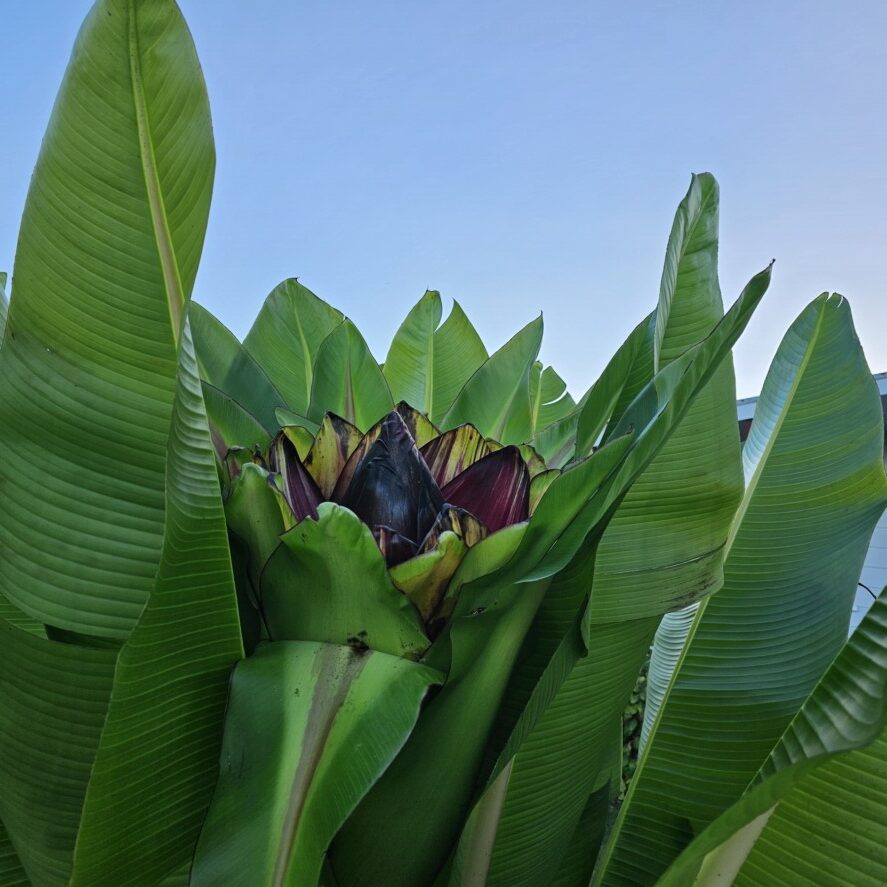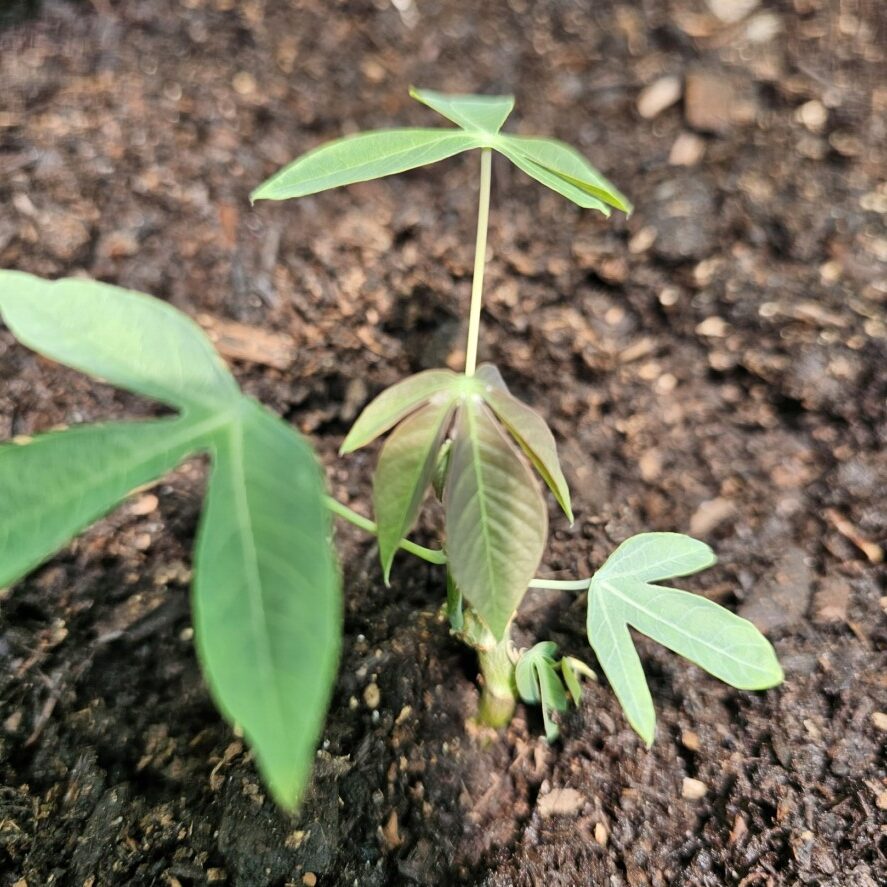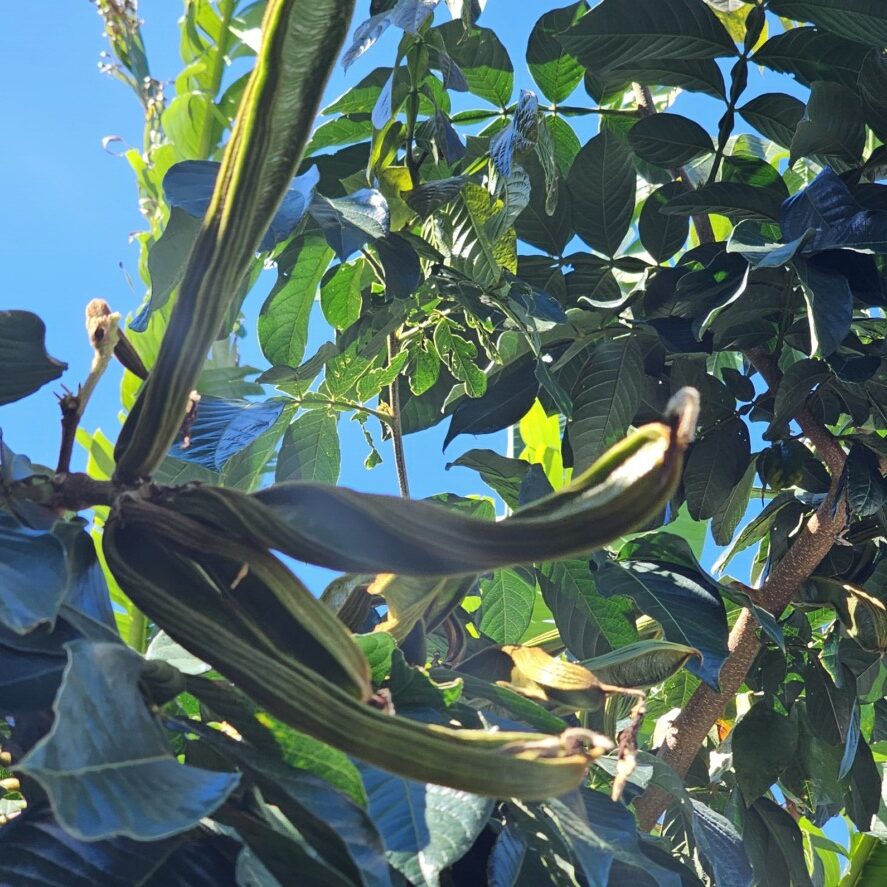-
Initiatives and Collaboration
- Events and Community Engagement
- Crop Swap Te Puke
- Food Resilience School NZ
- Food Forests of New Zealand (www.foodforests.nz)
- Nursery Map - Plant Suppliers of NZ Directory (www.nurserymap.nz)
- Te Puke Community Garden
- Te Puke Digital
- Te Puke Region Food Co-op
- TROPPO’s Food Forest in Te Puke, BOP (wwwfoodforest.org.nz)
- TROPPO's Nursery Directory
- Troppo’s Plant Collection
- Vector Group Charitable Trust (Umbrella)
Best Soil Amendments for Te Puke’s Soil Conditions: A Local Guide
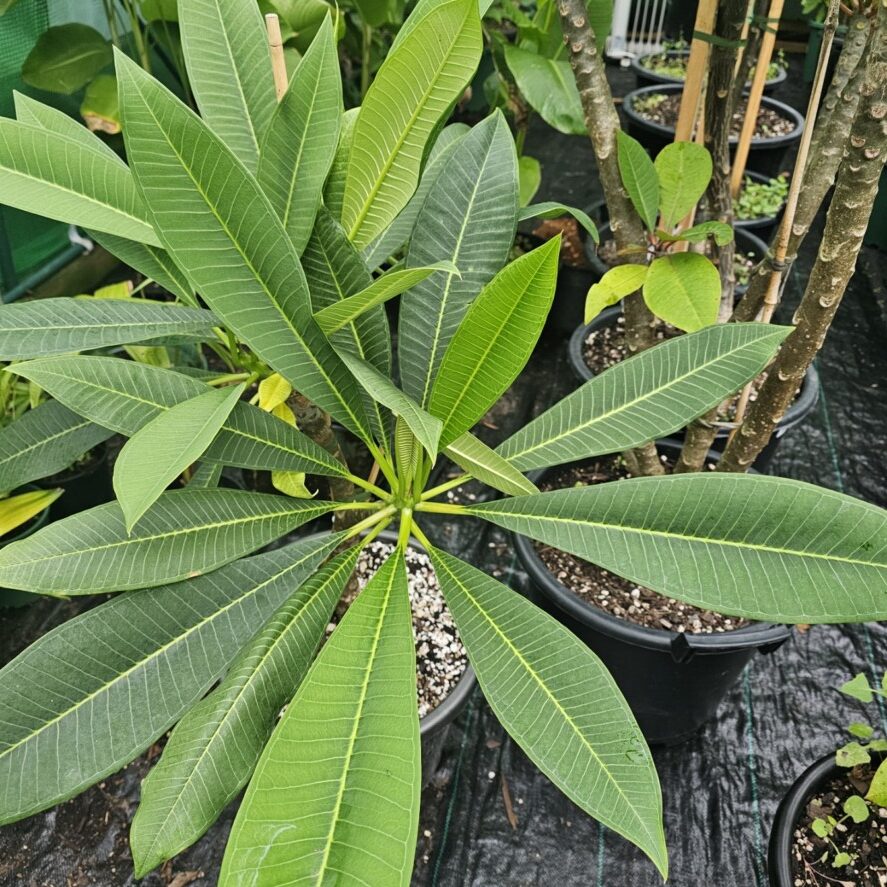
Welcome to Troppo.nz, your go-to source for all things growing in our beautiful corner of the world, Te Puke! Whether you’re a seasoned gardener or just starting to get your hands dirty, understanding your soil is the first step to a thriving garden or orchard. Here in the Bay of Plenty, we’re blessed with a generally fertile environment, but even the best soil can benefit from a little extra love. This guide will walk you through the best soil amendments to help your plants flourish in Te Puke’s unique conditions.
Understanding Te Puke’s Soil
While the Bay of Plenty is known for its horticultural prowess, the specific soil composition can vary across Te Puke. Generally, our soils tend to be volcanic in origin, which means they often have good drainage but can sometimes lack certain nutrients or have a slightly acidic pH. Factors like rainfall and the specific location can also influence the soil’s texture and nutrient content.
Before you start adding anything to your soil, it’s a good idea to get to know what you’re working with. You can do this through a simple home soil test kit, available at most garden centers, or by sending a sample to a lab for a more detailed analysis. This will tell you the pH level and the levels of essential nutrients like nitrogen, phosphorus, and potassium (NPK).
Why Amend Your Soil?
Even if your soil seems healthy, amendments can offer several benefits:
- Improved Drainage: Heavy clay soils can become waterlogged, suffocating roots. Amendments can help create better pathways for water to drain.
- Enhanced Water Retention: Sandy soils drain too quickly, leading to drought stress. Certain amendments can help the soil hold onto moisture for longer.
- Increased Nutrient Availability: Amendments can introduce essential nutrients that your plants need to grow strong and healthy. They can also help make existing nutrients more accessible to the roots.
- Better Soil Structure: Amendments improve the overall texture of the soil, making it easier for roots to penetrate and for air to circulate.
- Balanced pH: Some plants prefer slightly acidic or alkaline soil. Amendments can help adjust the pH to the optimal range for your chosen crops.
Top Soil Amendments for Te Puke Gardens
Based on the general characteristics of Te Puke’s soil, here are some of the best amendments you can use:
1. Compost: The King of Amendments
- What it is: Decomposed organic matter like kitchen scraps, leaves, and grass clippings.
- Benefits for Te Puke: Compost improves drainage in heavier soils and increases water retention in sandy soils. It’s a slow-release source of essential nutrients and beneficial microorganisms that boost soil health and help plants fight off diseases. It also helps to buffer the soil pH.
- How to use it: Dig compost into your garden beds before planting, use it as a top dressing around existing plants, or incorporate it into your potting mix. Aim for a layer of 5-10 cm worked into the topsoil.
- Local Tip: Many local garden centers and even the Te Puke community may have compost available. Check local listings!
2. Sheep Manure: A Natural Powerhouse
- What it is: Well-rotted sheep droppings.
- Benefits for Te Puke: Sheep manure is rich in nitrogen, phosphorus, and potassium, making it a fantastic all-around fertilizer. It also improves soil structure and water retention. It’s generally less “hot” than chicken manure, meaning it’s less likely to burn young plants if used correctly.
- How to use it: Dig it into the soil before planting or use it as a side dressing around established plants. Ensure it’s well-rotted to avoid burning roots. A layer of 2-5 cm worked into the topsoil is usually sufficient.
- Local Tip: With farming being a significant part of the Bay of Plenty, local farm supply stores are often a good source for sheep manure.
3. Worm Castings: Gardener’s Gold
- What it is: The nutrient-rich “poop” of earthworms.
- Benefits for Te Puke: Worm castings are packed with readily available nutrients and beneficial microorganisms. They improve soil structure, aeration, and water retention. They are gentle and won’t burn plants.
- How to use it: Mix them into potting soil, sprinkle them around the base of plants, or create a “worm casting tea” by soaking them in water and using the liquid to water your plants. A handful around each plant or mixed into the topsoil is beneficial.
- Local Tip: Some local gardeners in Te Puke may be vermicomposting and selling their castings. Keep an eye out at local markets or online community groups.
4. Pea Straw: Mulch and More
- What it is: Dried stalks and leaves of pea plants.
- Benefits for Te Puke: While primarily used as mulch to suppress weeds and retain moisture, pea straw also breaks down over time, adding organic matter and nutrients to the soil. It’s particularly useful in our climate for helping to conserve water during drier periods.
- How to use it: Spread a layer of 5-10 cm around your plants, keeping it away from the stems to prevent rot. As it decomposes, it will enrich the soil.
- Local Tip: Pea straw is readily available at garden centers and farm supply stores in the Te Puke area, especially during and after the pea harvesting season.
5. Blood and Bone: A Traditional Boost
- What it is: A mixture of dried and ground animal bones and blood.
- Benefits for Te Puke: Blood and bone is a good source of nitrogen (from the blood) and phosphorus (from the bone), essential for healthy plant growth, especially root development and flowering/fruiting.
- How to use it: Sprinkle it evenly over the soil before planting and lightly work it in. Be careful not to use too much, as it can be quite potent. Follow the instructions on the product packaging.
- Considerations: Blood and bone can attract dogs, so be mindful if you have pets.
6. Lime: Adjusting pH
- What it is: Ground limestone.
- Benefits for Te Puke: If your soil test indicates a low (acidic) pH, lime can help raise it to a more neutral level that many plants prefer. This improves the availability of certain nutrients.
- How to use it: Follow the instructions on the product packaging based on your soil test results. It’s best to work it into the soil well in advance of planting.
- Important Note: Only use lime if your soil test indicates a need for it. Over-liming can make the soil too alkaline and hinder nutrient absorption.
7. Sulphate of Potash: For Fruiting and Flowering
- What it is: A potassium-rich fertilizer.
- Benefits for Te Puke: Potassium is crucial for flowering, fruiting, and overall plant vigor. It can be particularly beneficial for our famous kiwifruit and other fruiting plants grown in the region.
- How to use it: Apply as a side dressing around established plants, following the instructions on the product packaging. Water it in well.
Listening to Your Garden
Ultimately, the best soil amendments for your Te Puke garden will depend on your specific soil type, the plants you are growing, and your gardening goals. Observe your plants, conduct soil tests when needed, and don’t be afraid to experiment. By understanding your soil and using the right amendments, you’ll be well on your way to a flourishing and productive garden right here in the heart of the Bay of Plenty!
#TePukeGardening #BayOfPlentyGardening #SoilAmendments #NZGardening #GrowYourOwn #HealthySoil #Compost #SheepManure #WormCastings #PeaStraw #BloodAndBone #Lime #SulphateOfPotash #TroppoNZ









